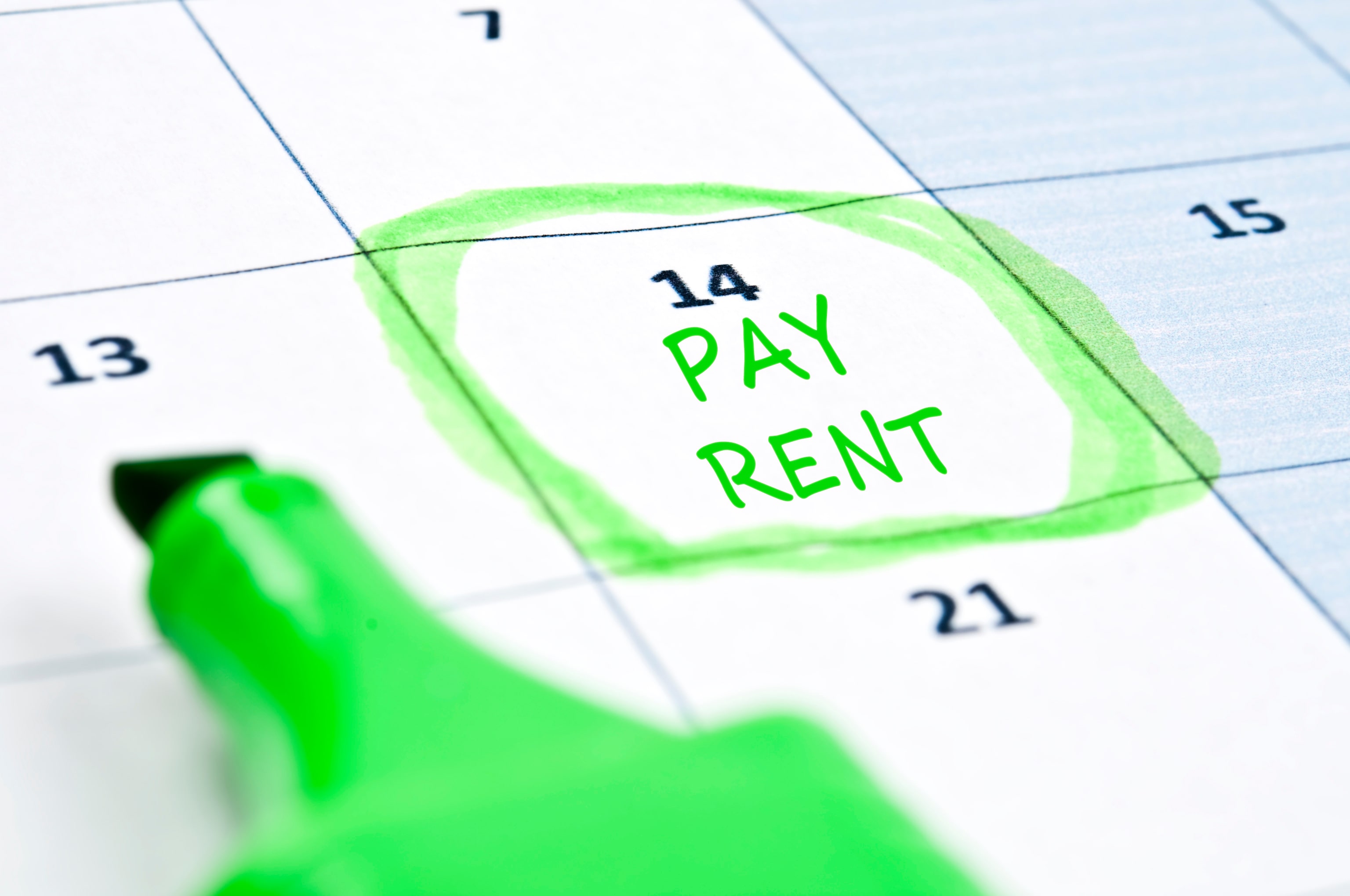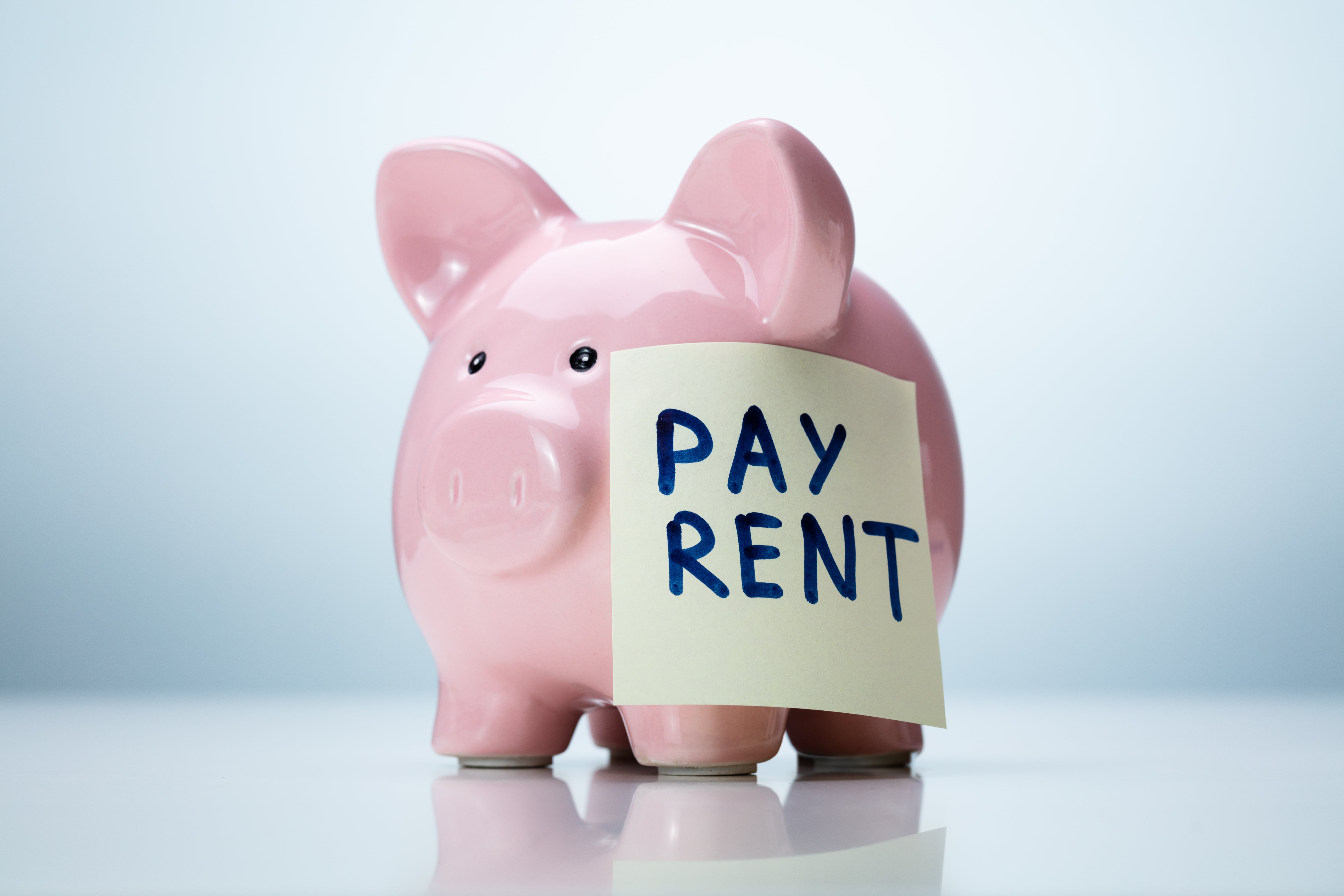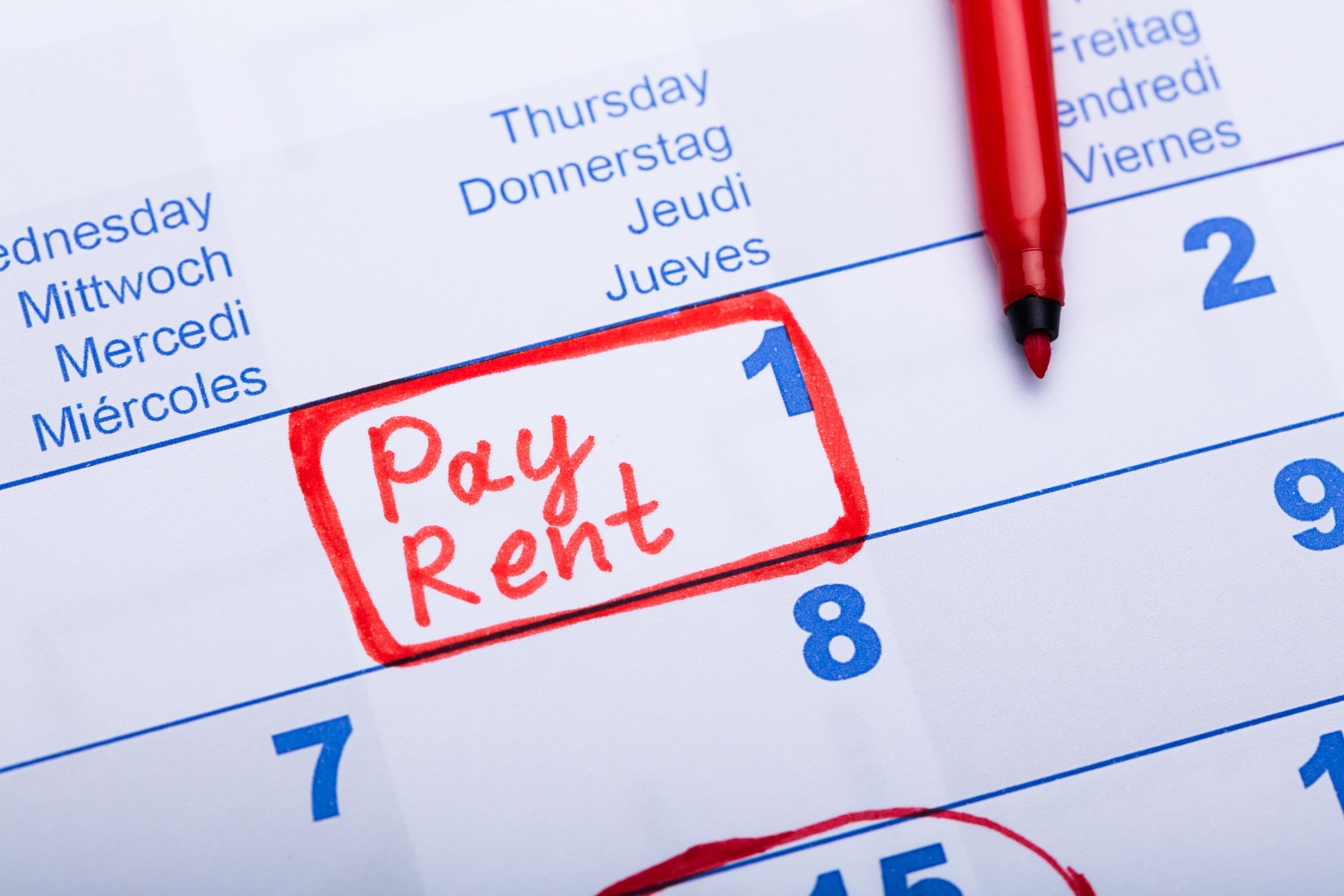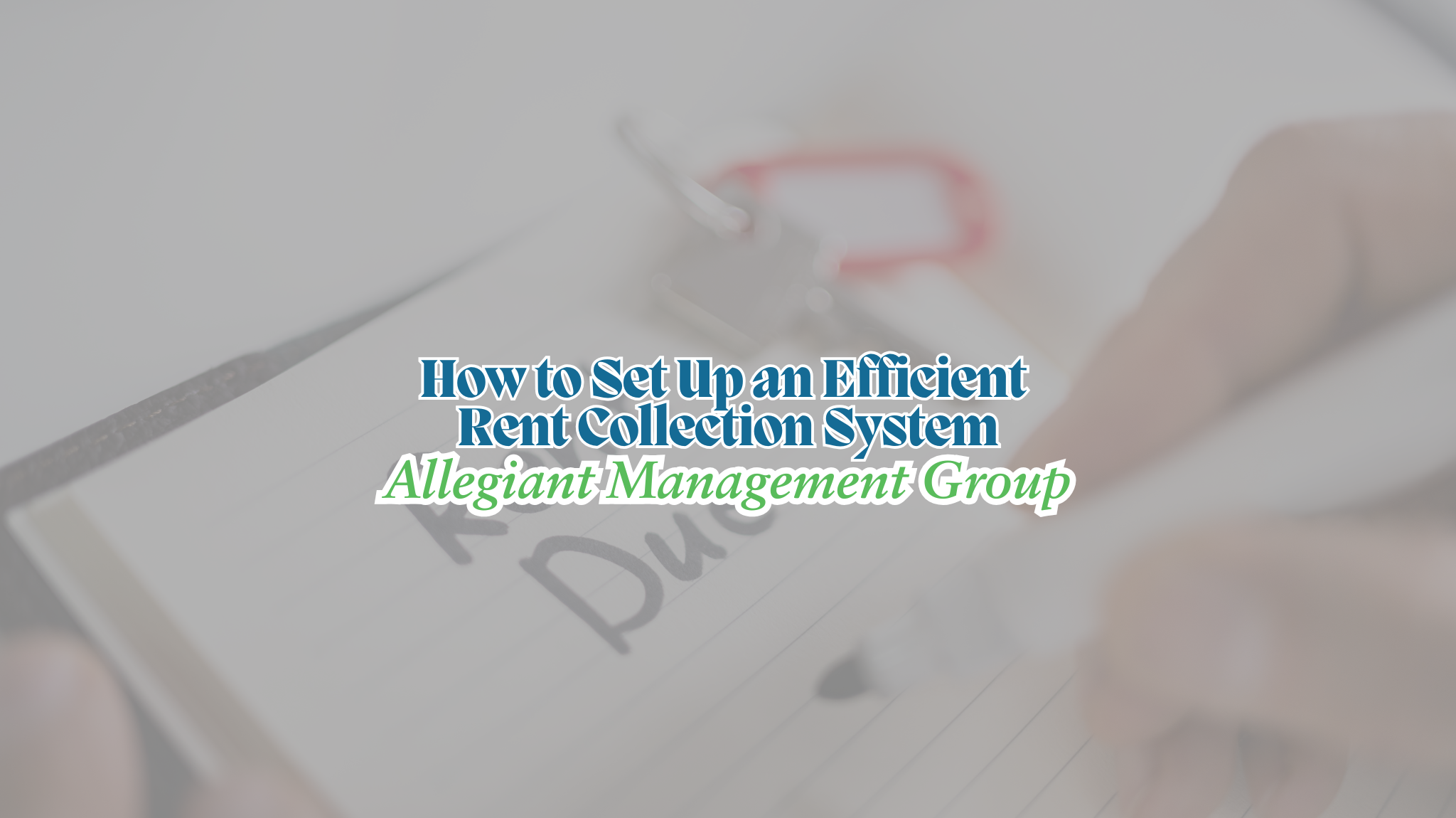Blog Updated: 05/09/2025
How to Make Rent Collection Easy and Stress-Free

Are you looking for a better way to collect rent from your tenants? You’re not alone—and here’s why it matters:
Nearly 6 million U.S. households are behind on rent, adding up to almost $20 billion in unpaid rent.
(Source: U.S. Census Household Pulse Survey)
Paying rent can be stressful for tenants. On the other hand, collecting late rent is one of the biggest challenges for landlords. Nobody wants to chase down payments or deal with constant delays.
That’s why it’s important to set up a rent collection system that is simple, reliable, and efficient.
Start With the Right Tenant
Before you worry about collecting rent, make sure you have the right tenant. Choosing a responsible tenant from the beginning is the key to avoiding issues later.
Here’s how to screen tenants effectively:
Run a credit and background check to understand their payment history and any past issues.
Verify employment and income to ensure they can afford the rent.
Contact previous landlords or personal references to ask about their behavior and payment habits.
This screening process helps protect your rental investment and leads to a better rental experience for everyone.
Build an Efficient Rent Collection System

Once you’ve placed the right tenant, it’s time to create a rent collection process that works for both you and them.
Here are some strategies that help improve rent collection:
Online Payments
Offer online rent payment options. Most tenants prefer to pay electronically, and it makes tracking payments easier for landlords. Common platforms include Rentvine, AppFolio, Buildium, and PayRent.
Automatic Payments
Encourage tenants to set up automatic payments. This ensures that rent is paid on time each month without reminders or delays.
Rent Reminders
Send payment reminders a few days before rent is due. A simple message or email can prevent missed payments and help tenants plan their budgets.
Multiple Payment Methods
Provide more than one way to pay rent. Some tenants may prefer credit or debit cards, others may use bank transfers or checks. Having options increases the likelihood of on-time payments.
Grace Periods
Offer a short grace period for rent payments. Allowing a few extra days without charging a late fee can help tenants avoid stress and prevent conflict, especially if the delay is due to unavoidable circumstances.
Open Communication
If rent is late, talk to your tenant before taking further action. Many issues can be resolved with a conversation, and clear communication builds trust.
Put Your Plan into Action

Collecting rent on time is essential to the success of your rental property. With a strong screening process and a clear rent collection system, you can protect your investment and build positive relationships with your tenants.
If you’re not sure where to start or want expert help, reach out to a professional property management company. They can help handle everything from screening to rent collection.
Frequently Asked Questions (FAQs) - Collecting Rent
What happens if a tenant doesn’t pay rent?
If a tenant fails to pay after the grace period, you can begin the legal eviction process. In Florida, this usually starts with a 3-Day Notice to Pay Rent or Vacate. Always follow state and local laws.
Can I require tenants to pay rent online only?
In most cases, yes. However, it’s best to offer at least one backup option for tenants who are not comfortable with online payments.
Should I waive late fees for good tenants?
That’s your decision. Some landlords offer one-time fee waivers for reliable tenants, but it’s important to have a consistent policy in place and document any exceptions.
How much should I charge for late rent?
In Florida, late fees must be reasonable and stated clearly in the lease agreement. Common fees range from $25 to $50 or up to 5 percent of the rent.
Disclaimer: This article is for informational purposes only and does not provide legal or financial advice. Rent collection laws and landlord-tenant regulations vary by state and municipality. Always consult with a licensed attorney, property manager, or legal professional.



